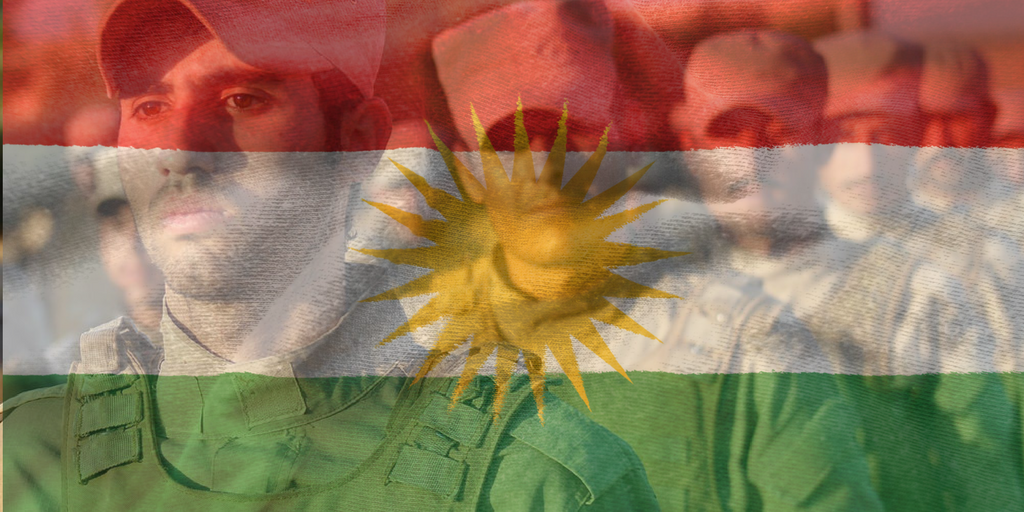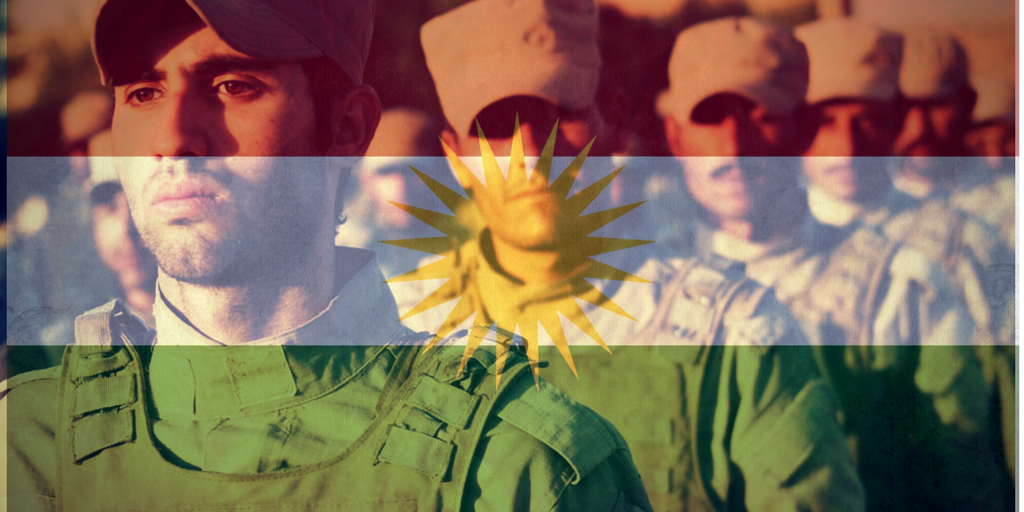While Israel remains the only country in the world to openly call for an independent Kurdistan, the Trump Administration continues to publicly beg for the Iraqi Kurds to push-off their referendum for independence to be held on September 25th.
“The United States does not support the Kurdistan Regional Government’s intention to hold a referendum later this month,” White House press secretary Sarah Huckabee Sanders said Friday. “The United States has repeatedly emphasized to the leaders of the Kurdistan Regional Government that the referendum is distracting from efforts to defeat [the Islamic State] and stabilize the liberated areas.”
Of course, the United States should not be surprised by the drive by the Kurds for an independent state. The Kurds have for centuries pushed for their own sovereign country without success. Now, with the Kurdish Regional Government showing that they are by far the most stable entity in Iraq and have been the biggest reason behind the coalition’s success against ISIS, the drive for independence has been expected.
“We know, by the way, that the State Department and possibly the [Defense Department] are personally contacting members of Congress, senators, representatives, asking them not to support the referendum,” Bayan Sami Abdul Rahman, told POLITICO in a recent interview. “We’re very serious about independence. It’s kind of disheartening that for two to three years we talked about a referendum and the U.S. said that it was surprised.”
The US is challenged by the possibility of an independent Kurdistan, because supporting its independence, would essentially collapse the post World War 2 security structure in the Middle East. An independent Kurdistan in Northern Iraq may only constitute a minority of the total Kurdish population and their homeland in the Middle East, but by the US supporting it, would cause Turkey to disconnect from the West and Iraq to officially declare allegiance to Iran.
Most observers say that this is happening anyway. Given this fact, an independent Kurdistan would be America’s best bet to reach stability in an area being gobbled by the Iranians.
US Wants Kurdish Support Without Giving them Anything Substantial
Ever since the 1991 invasion of Saddam’s Iraq, the US has promised the Kurds of Northern Iraq that they would eventually support their independence, but they would have to agree wait until the opportune time. They gained autonomy and US protection. Then the US invaded Iraq again and toppled Saddam Hussein in 2002. The Kurds gained full autonomy inside a federalized Iraq with promises of eventual independence. It has been 15 years since the US invasion of Iraq.
As the rest of Iraq collapsed into chaos well before ISIS, the Kurdish Regional Government (KRG) prospered. The US dawdled while Kurds held back ISIS and then when the Defense Department finally dropped in supplies, the Kurds seemed the only group capable of soundly defeating ISIS.
With all of the above, the US still chooses to withhold its support for Kurdistan.
Israel Remains Alone in its Support for Kurdistan
There are many reasons for Israel’s support for an independent Kurdistan. Most observers believe correctly that it would send a ripple effect to other Kurdish areas, most notably inside Iran, making it especially dangerous to the Ayatollah’s theocratic rule.
Geopolitics aside, Jews and Kurds have a long history together. Ever since the first exile from Israel, Jews have seen the Kurds whose predecessors were the Medes as friends and allies. Through the years, both groups were persecuted and remained stateless. In an act of comradery, sensing an unequal status for their ancient allies, today’s Israelis long to help the Kurds achieve what Jews only achieved a short while ago.
September 25th will most likely result in support for independence. The day after may very well bring war, but the Kurds will fight for their homeland knowing if the Jews after 2000 years of exile can achieve it, so can they.






